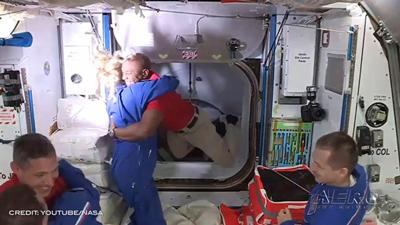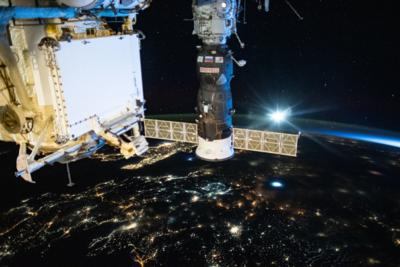Mon, Dec 28, 2020
Advertisement
More News
 ANN's Daily Aero-Term (05.07.24): Hazardous Weather Information
ANN's Daily Aero-Term (05.07.24): Hazardous Weather Information
Hazardous Weather Information Summary of significant meteorological information (SIGMET/WS), convective significant meteorological information (convective SIGMET/WST), urgent pilot>[...]
 ANN's Daily Aero-Linx (05.07.24)
ANN's Daily Aero-Linx (05.07.24)
Aero Linx: The T-6 Racing Association The T-6 Racing Association is all about T-6‘s and racing. Our mission is to bring great racing to our fans in Reno and other venues wher>[...]
 Airborne 05.01.24: WACO Kitchen, FAA Reauthorization, World Skydiving Day
Airborne 05.01.24: WACO Kitchen, FAA Reauthorization, World Skydiving Day
Also: Electra Aero, AMO-CBP v Smugglers, Naval King Airs, Boeing Deal To the surprise of everyone involved, Waco Kitchen shut down both airport operations with little warning and h>[...]
 Airborne Affordable Flyers 05.02.24: Bobby Bailey, SPRG Report Cards, Skydive!
Airborne Affordable Flyers 05.02.24: Bobby Bailey, SPRG Report Cards, Skydive!
Also: WACO Kitchen Bails, French SportPlane Mfr to FL, Dynon-Advance Flight Systems, Innovation Preview Bobby Bailey, a bit of a fixture in sport aviation circles for his work with>[...]
 Airborne 05.03.24: Advanced Powerplant Solutions, PRA Runway Woes, Drone Racing
Airborne 05.03.24: Advanced Powerplant Solutions, PRA Runway Woes, Drone Racing
Also: Virgin Galactic, B-29 Doc to Allentown, Erickson Fire-Fighters Bought, FAA Reauthorization After dealing with a big letdown after the unexpected decision by Skyreach to disco>[...]
blog comments powered by Disqus





